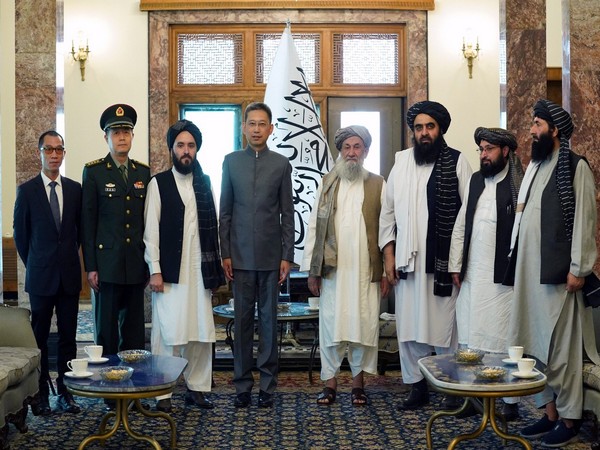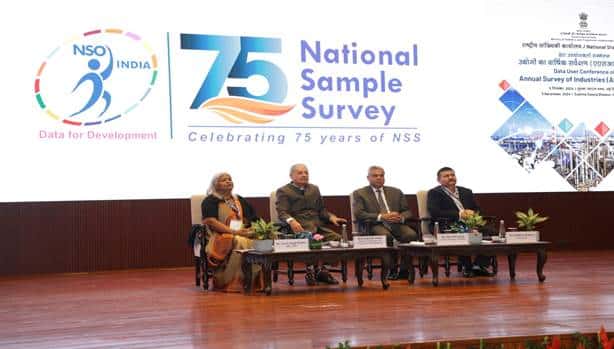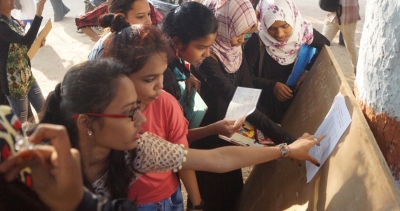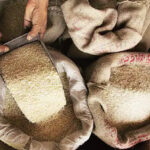China appoints new envoy to Afghanistan, formalising diplomatic ties with Taliban

In an official statement, China’s Ministry of Foreign Affairs clarified that the appointment is a routine part of diplomatic rotation, aimed at sustaining and promoting dialogue and cooperation between the two nations. The ministry affirmed that China’s policy toward Afghanistan remains steadfast and unwavering.
The Taliban government has welcomed China’s newly appointed ambassador to Afghanistan, Zhao Sheng, during his arrival in Kabul on Wednesday. With this, China becomes the first country to officially appoint a new ambassador to Afghanistan following the Taliban’s assumption of power as U.S.-led foreign forces withdrew after 20 years.
In an official statement, China’s Ministry of Foreign Affairs clarified that the appointment is a routine part of diplomatic rotation, aimed at sustaining and promoting dialogue and cooperation between the two nations. The ministry affirmed that China’s policy toward Afghanistan remains steadfast and unwavering.
Taliban leaders hosted Zhao at Kabul’s presidential palace in an elaborate ceremony, attended by acting Prime Minister Mohammad Hassan Akhund and acting foreign minister Amir Khan Muttaqi. He accepted the new envoy’s credentials in a ceremony, the Taliban administration’s deputy spokesman, Bilal Karimi, said in a statement. Zhao assumes his role as ambassador, succeeding Wang Yu, who concluded his ambassadorship last month.
As per reports, China has made substantial investments in Afghanistan, aiming to broaden its sphere of influence in the region. Earlier this year, China, Pakistan, and Afghanistan reached an agreement to extend the China-Pakistan Economic Corridor, supported by Beijing, into Afghanistan.
Notably, Afghanistan occupies a central position within a region that holds significant importance for Beijing’s Belt and Road infrastructure initiative. China has expressed its interest in investing in Afghanistan’s abundant natural resources, which are estimated to have a total value of approximately $1 trillion. These resources encompass substantial deposits of copper, lithium, and gold.
It is also pertinent to note that China becomes the first of the UNSC nations with the veto power to officially recognise the Taliban government by setting up their full time embassy. The appointment comes following widespread criticism from the United Nations and various international human rights organizations regarding the Taliban’s treatment of women. Additionally, there has been global concern about the Taliban’s decision to reintroduce public executions and lashings.
Ever since the Taliban returned, every nation cut diplomatic ties with Kabul, some of them have reopened their embassies and consulates but they have not established their official diplomatic relations. Currently, there are other diplomats in Kabul holding the ambassadorial title, but they assumed their roles prior to the Taliban’s takeover. In response to the changed circumstances, various countries and organizations, including Pakistan and the European Union, have dispatched senior diplomats to lead diplomatic missions under the title of ‘charge d’affaires.’ This designation allows them to perform their diplomatic duties without the need to present ambassadorial credentials to the host nation.
The Taliban took control of Kabul on August 15, 2021, as the Afghan security forces, which had received significant support from Western nations, fell apart. At the same time, President Ashraf Ghani, who had the backing of the United States, fled the country.









